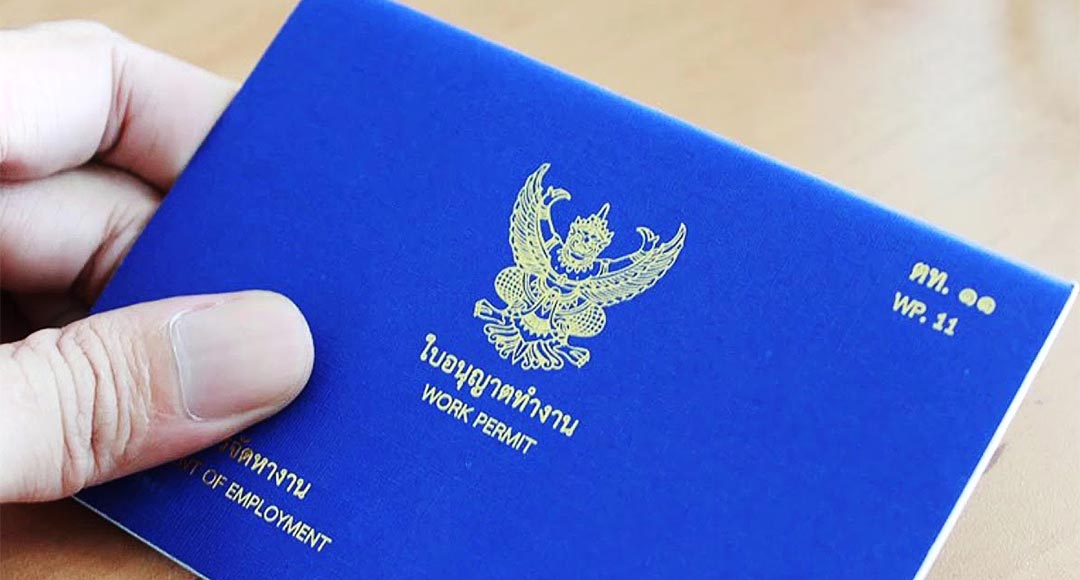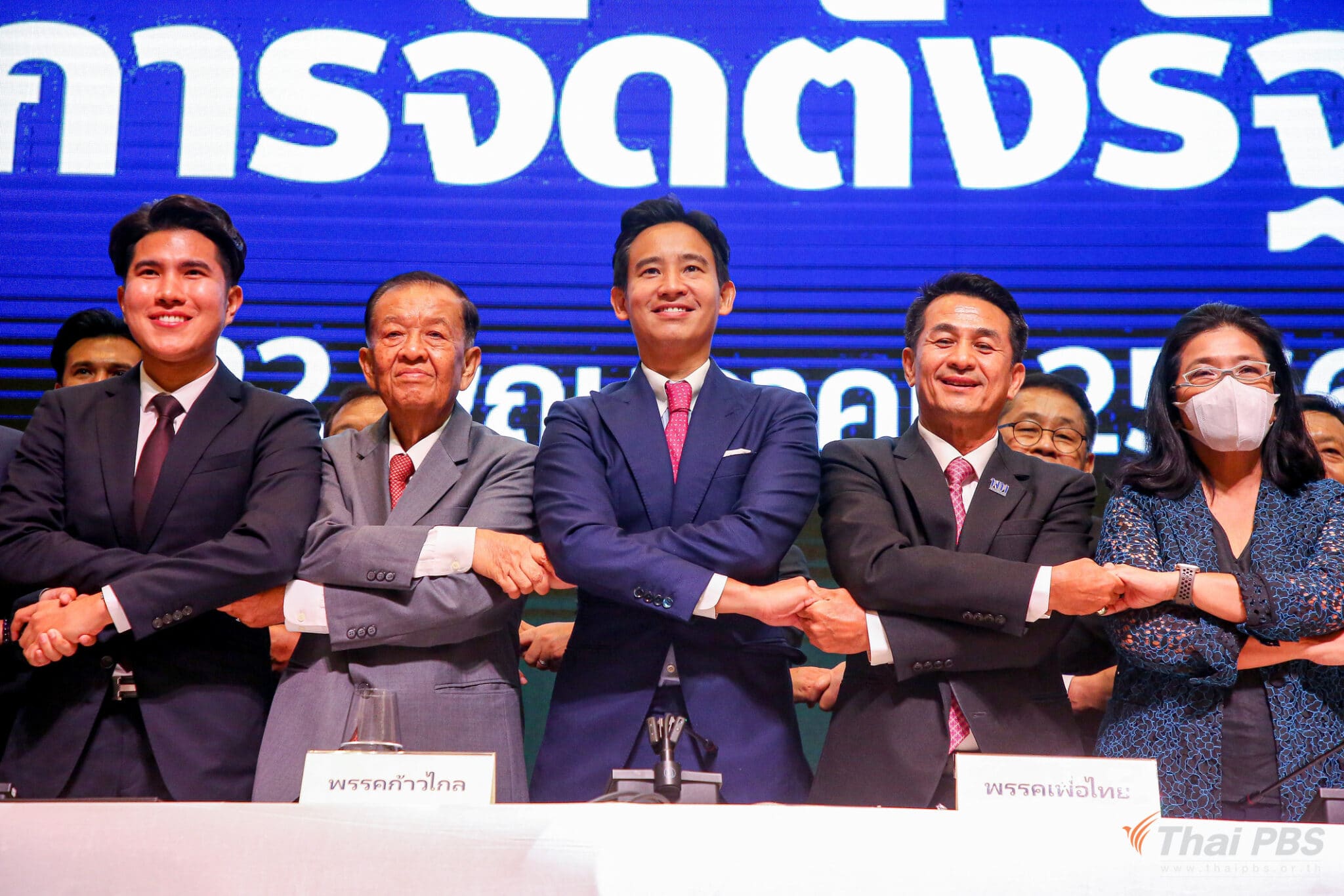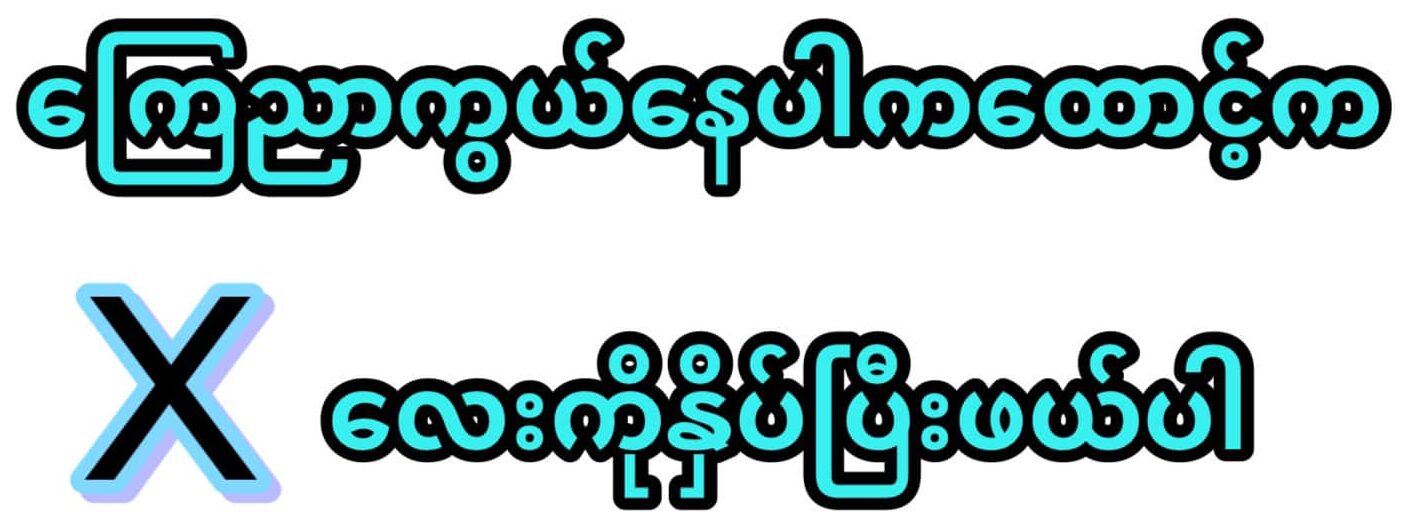Whether you’re embarking on an entrepreneurial venture, being transferred to a Thai branch by your current employer, or securing employment in Thailand, it’s imperative to grasp the cultural norms that govern the business landscape when working in the country. While Thailand is renowned for its warm and welcoming people, there exist significant cultural differences that necessitate respect in a business context. To ensure the smooth and successful operation of your business endeavors in Thailand, here’s a comprehensive guide to local business etiquette.
Appropriate Greetings

In Thailand, traditional greetings are characterized by the ‘wai,’ a gesture in which individuals slightly bow with their palms pressed together in a prayer-like manner. The degree to which you raise your hands and lower your head signifies the level of respect you’re extending to the person you’re greeting. It is customary for a person of lower status to initiate the wai to a person of higher status. While initiating this greeting is not expected of foreigners, it is considered respectful to reciprocate it when received. Additionally, when meeting Thai colleagues, a warm smile serves as an anticipated form of greeting.
Presenting Your Business Card
Unlike the casual exchange of business cards in some Western cultures, Thais attach great importance to this practice. Consequently, it is respectful to acknowledge and attentively read a business card, offering polite remarks about it. Demonstrating respect extends beyond receiving the card; it is also displayed by offering your own card with both hands. If your card is bilingual, present it with the Thai side facing upward, ensuring the recipient can readily read it. When receiving someone’s business card, accept it with both hands and take a moment to appreciate the card’s details. Be sure to express positive comments about it, as this is another mark of respect.

Titles Matter
In Thailand, how you address someone is not merely a matter of politeness; it is a reflection of respect. In a business setting, it is crucial to address individuals by their professional titles and first names until you are granted permission to adopt a less formal tone. If you are unsure of someone’s title, using the term ‘Khun’ followed by their first name is considered a respectful default. Thais often use first names and titles in everyday conversations, reserving last names for formal contexts or written communication. This practice stems from the relatively recent adoption of surnames in Thailand, which began about fifty years ago. Many people find surnames challenging to pronounce, so it is common for Thais to address foreigners by their first names. This practice is based on simplicity rather than familiarity.
Observing Respect for Seniors
Hierarchy holds significant importance in Thai culture, both within families and professional settings. Consequently, professional interactions are influenced not only by job titles but also by age and seniority. Demonstrating respect for older colleagues is not only expected but essential, regardless of their professional rank or status. This may involve standing when a senior person enters the room, allowing them to speak first during meetings and conversations, and greeting the oldest person first when addressing a group of people. When meeting someone for the first time, you may be asked a series of questions to gauge your position within this hierarchy. These questions are not intended to pry into your personal life but rather to determine how to interact with you effectively.
The Importance of Saving Face

Politeness is non-negotiable in Thailand, and it is crucial to avoid publicly criticizing or displaying anger toward others. Any demonstration of rudeness can result in a ‘loss of face,’ essentially tarnishing one’s reputation. In situations of discomfort, Thais often respond with laughter or smiles to maintain a light-hearted atmosphere. If you notice unexplained laughter during a conversation, it typically indicates a need to change the topic. Communication with Thai colleagues demands attentive listening and thoughtful responses. Avoid delving into potentially sensitive subjects, such as politics or the monarchy. Simple acts of politeness, such as refraining from interrupting and offering to bring refreshments, can significantly influence how you are perceived. In this culture of respect, it is the small gestures that carry great weight.
Adhering to Dress Codes
In Thailand, appearances command attention, particularly in professional settings. Therefore, smart and conservative attire is a must in the business world. Men are expected to wear traditional combinations of suits and ties, while women should opt for dressed-down yet modest attire, such as professional suits, dresses, or skirt and blouse combinations. Bangkok, in particular, leans toward a formal and conservative dress style, with a preference for dark, muted colors. It is advisable to avoid wearing black, as it is typically reserved for funerals. Men should consider dark suits and long-sleeve shirts, opting for breathable fabrics like cotton or silk due to Thailand’s tropical climate. If the weather is warm, it is acceptable to drape the jacket over the shoulder when necessary. Women, while adhering to traditional business wear, often incorporate more color into their attire. However, it is best to avoid bright red and focus on dark, muted dresses, knee-length skirts, shoulder-covering blouses, or business suits to align with Thai expectations.
Business Meetings

Business meetings in Thailand often take place over meals, emphasizing the importance of following local dining etiquette. For example, when invited to dine at someone’s home, remember to remove your shoes, take small portions of food at a time, and wait for the host to finish eating before departing. Thais typically use initial meetings to get to know you personally, not solely to discuss business matters. Therefore, selecting a suitable dining location can help set a positive atmosphere. If you are organizing a meeting, provide ample notice and confirm the details the day before. Punctuality is highly valued as it signifies respect, so ensure that you arrive on time to commence the meeting smoothly.
While the nuances of Thai business culture may initially appear intricate, the warm and welcoming nature of the Thai people creates an ideal environment for learning and adapting. Key points to remember include demonstrating respect for elders, avoiding confrontational situations, and dressing appropriately. By taking steps to comprehend and respect Thai business etiquette, you can foster productive working relationships. Working in Thailand presents a unique opportunity to engage with a diverse culture while achieving professional growth. A solid grasp of local business etiquette paves the way for a successful career in Thailand.











